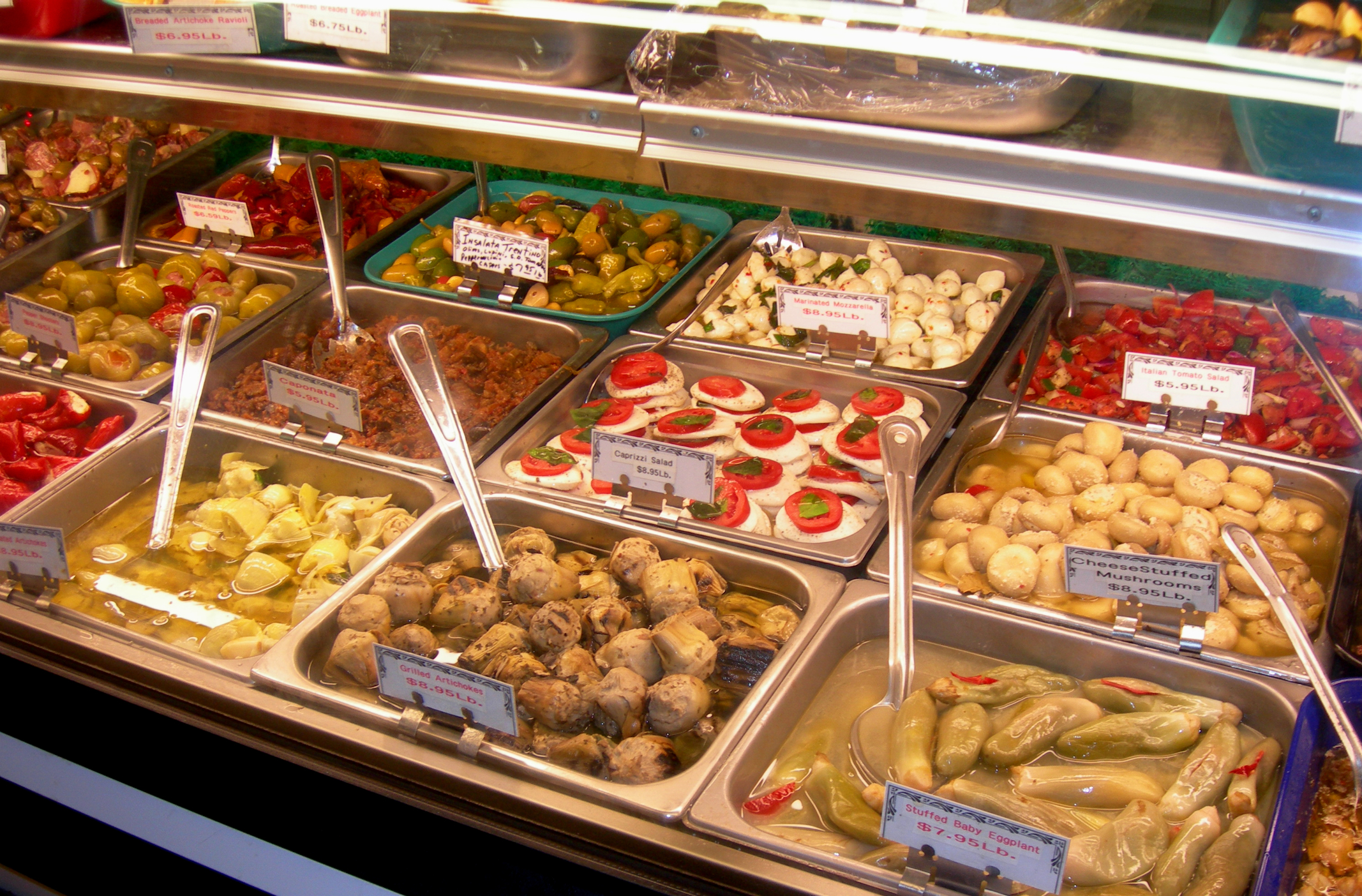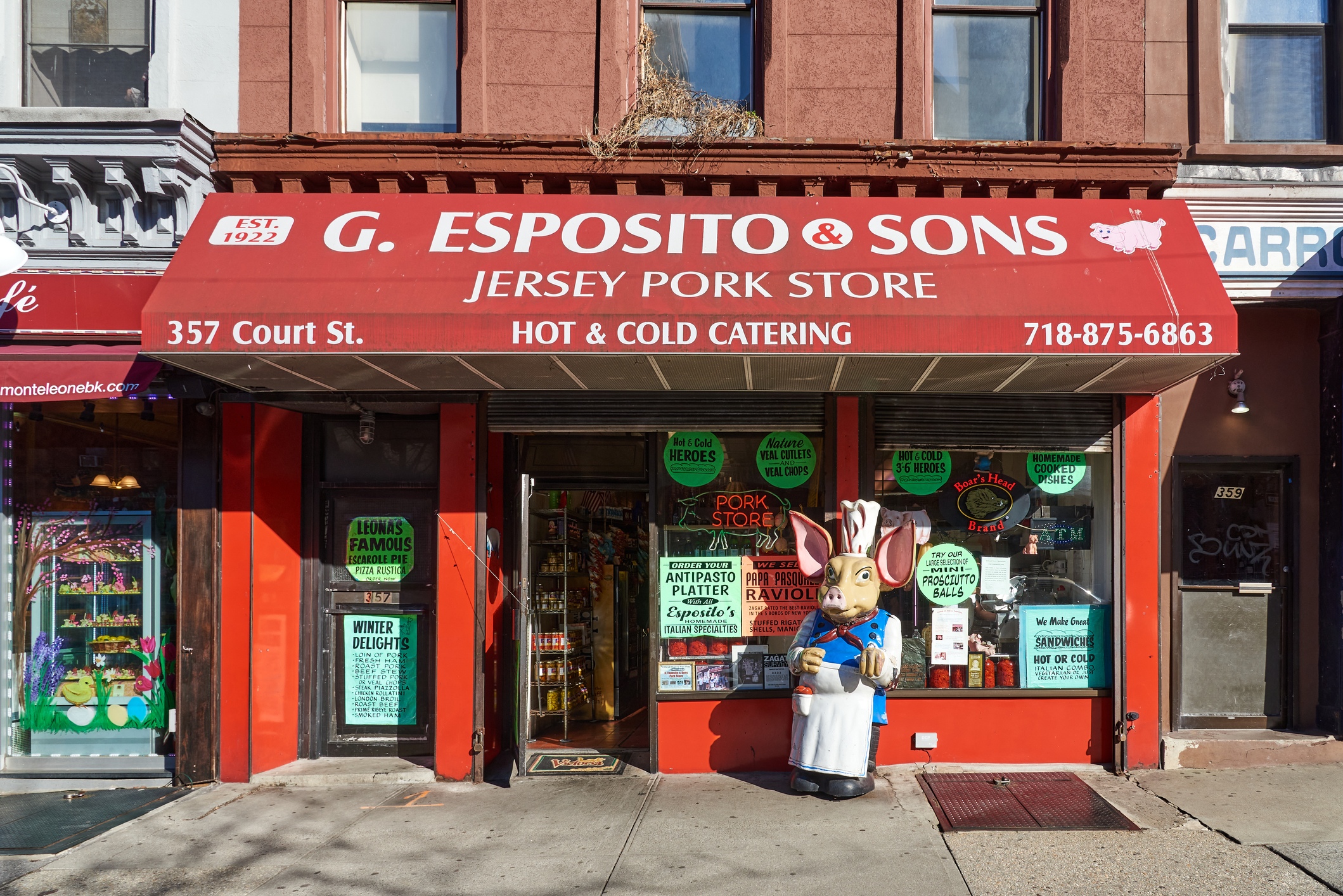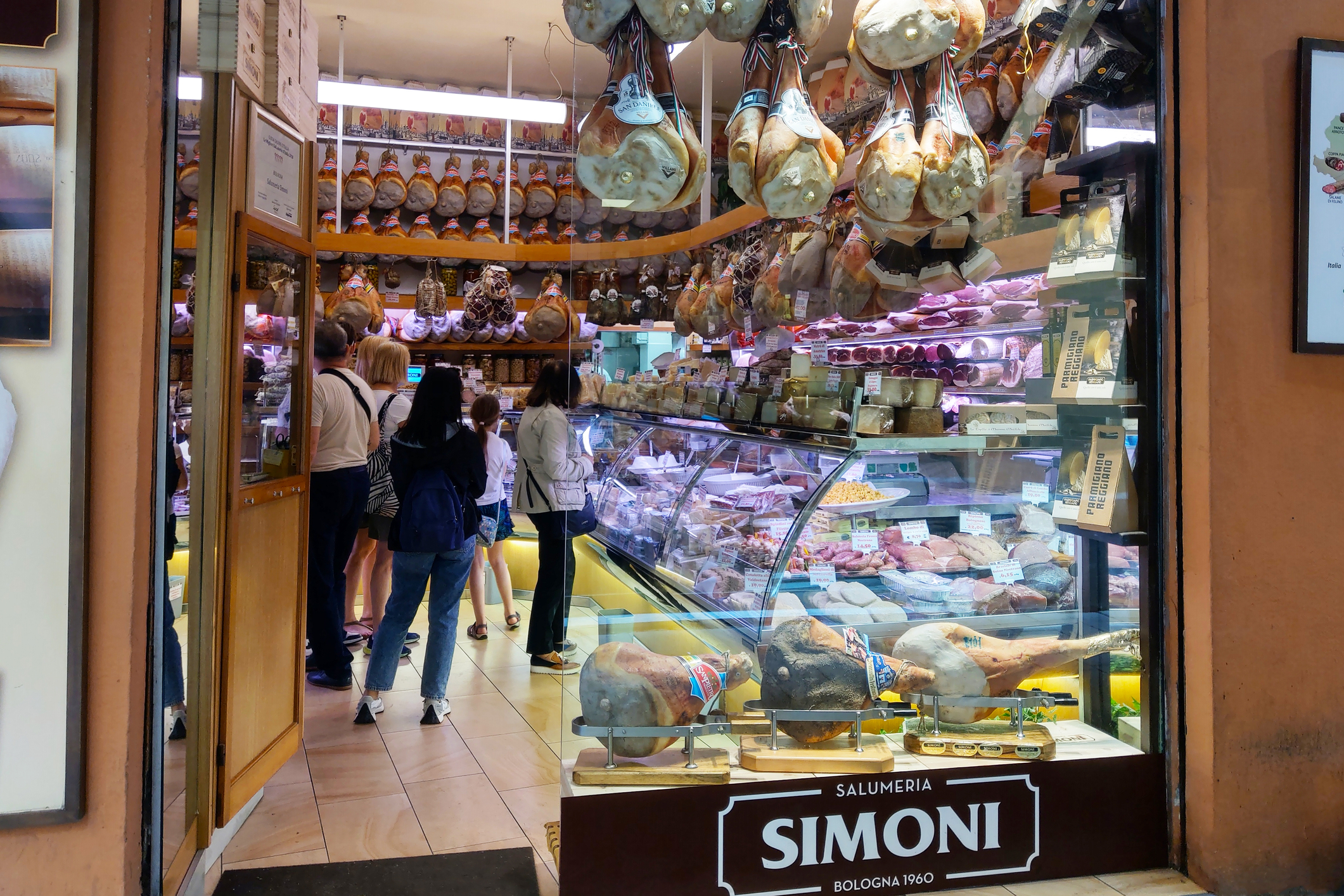Hoboken, NJ – In New Jersey, Italian delis are more than just sandwich shops—they’re cultural institutions. For generations, these corner markets have been where heritage, craftsmanship, and family tradition come together behind glass cases of cured meats and fresh cheeses. But while the Garden State boasts some of the best Italian delis outside of Italy, not every store with “Italian” on the awning lives up to the name.
Food lovers say the difference between the authentic and the imitators comes down to what you see, smell, and taste the moment you step inside.

The real delis source with integrity, stocking imported classics like Prosciutto di Parma, aged Pecorino, and Soppressata, often marked with DOP or PDO seals of origin. Fresh mozzarella made daily, house sauces, and sausage recipes handed down through generations are the staples. Bread should be baked fresh each morning, with the unmistakable crackle of a crust giving way to a soft interior.
Simplicity is another hallmark. An authentic Italian sandwich is built on restraint—thin-sliced meats, sharp cheeses, crisp greens, olive oil and vinegar for balance. When a shop piles on 10 toppings or leans on flashy “fusion” gimmicks, it’s often masking a lack of true roots.
Atmosphere matters just as much. The best delis are family-run, known in the neighborhood, with regulars who stop in not just for food but for connection. The aroma of bread, cheese, and cured meat should hit before the first bite. Display cases are well-curated and clean, with staff who can tell you the difference between mortadella and capocollo without hesitation.
By contrast, the imposters reveal themselves quickly: pre-sliced meats in plastic wrap, “Italian-style” labels without import verification, ornate décor with little substance behind the counter, and staff unable—or unwilling—to explain where their food comes from.

Look at the name. Like this example in NYC, if the words “Pork Store” are in the name, chances are, you’re in the right place.
Some New Jersey names have become benchmarks for authenticity. Fiore’s House of Quality in Hoboken is legendary for its mozzarella and deli meats. Tuscany Italian Market, with locations in Freehold, Marlboro, and Manalapan, and Uncle Giuseppe’s in Morris Plains, have earned reputations for broad selections of imported goods and baked bread. In Linden, Sapore Ravioli has kept family tradition alive for more than half a century with homemade pastas and imported specialties.
For anyone walking into a deli and wondering if it’s the real deal, the checklist is simple: Does the food smell fresh before you taste it? Are the meats sliced to order, the cheeses labeled with pride, the bread baked daily? Are the sandwiches balanced, simple, and crafted with care?
Also, are the dried meats hanging above the counter?
In New Jersey, those answers can mean the difference between a transcendent Italian hero and just another sandwich.
Key Points
- Authentic Italian delis in NJ focus on imported meats, cheeses, and house-made specialties.
- Red flags include pre-packaged products, generic “Italian-style” labels, and overdecorated atmospheres.
- Local standouts include Fiore’s in Hoboken, Tuscany Italian Market, Uncle Giuseppe’s, and Sapore Ravioli.
When it comes to Italian delis in the Garden State, the proof is always in the slice.
